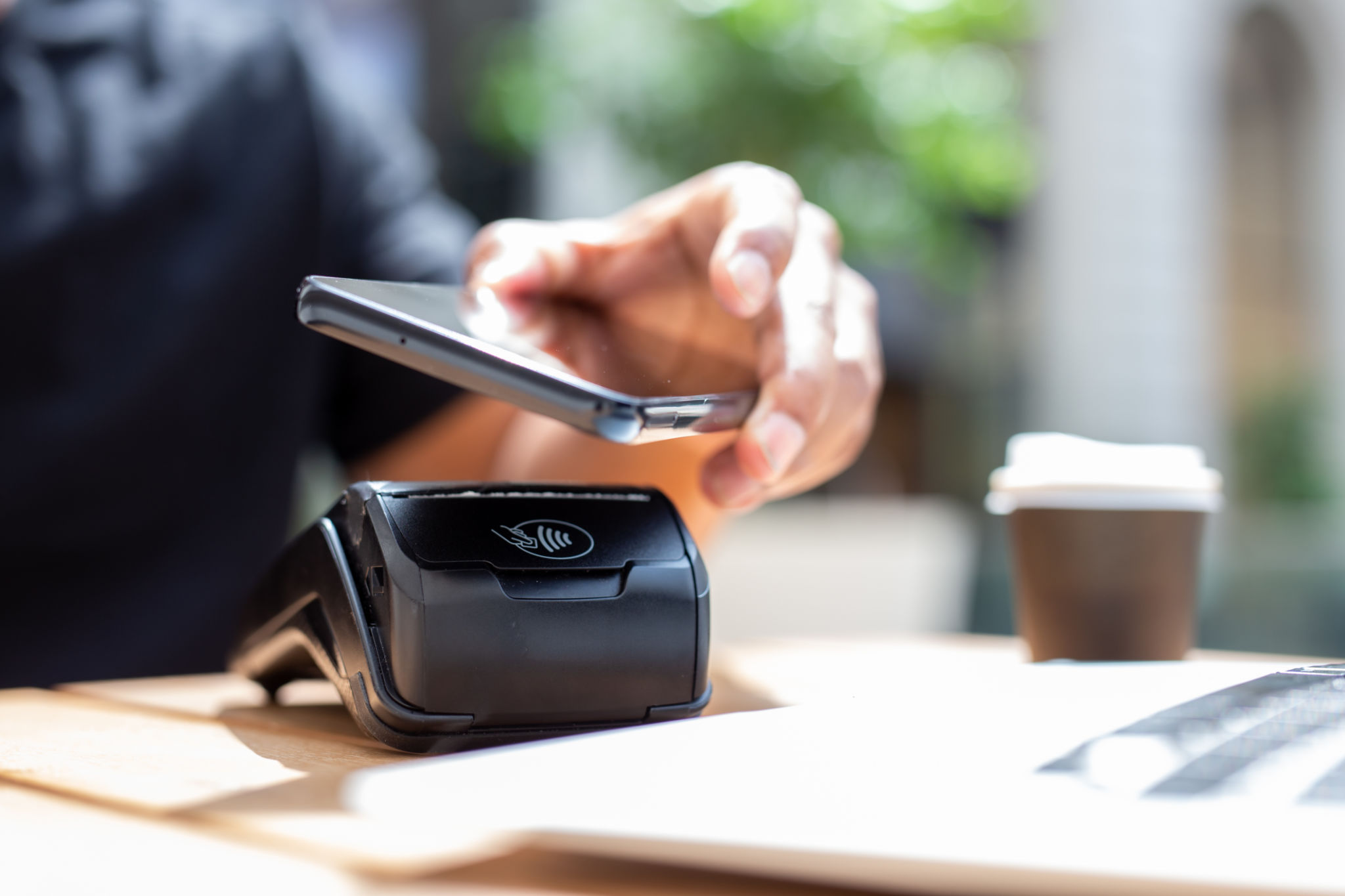Integrating Contactless Payments: A Step-by-Step Guide for Small Businesses
In today’s fast-paced world, contactless payments have become a staple for businesses looking to enhance customer experience and streamline operations. For small businesses, integrating contactless payment solutions can seem daunting, but with the right steps, it can lead to significant advantages in customer satisfaction and operational efficiency.

Understanding Contactless Payments
Contactless payments allow customers to make transactions by simply tapping their card or mobile device near a payment terminal. This technology uses Near Field Communication (NFC) or Radio Frequency Identification (RFID) to facilitate quick and secure transactions without the need for physical contact.
Benefits of Contactless Payments
Implementing contactless payments offers several benefits for small businesses. These include faster transaction times, reduced queuing, and enhanced security features. Customers appreciate the convenience and speed, which can lead to increased loyalty and repeat business. Additionally, contactless payments can reduce the risk of handling cash, minimizing potential errors and theft.
Steps to Integrate Contactless Payments
Integrating contactless payments into your business involves several key steps. Here’s a step-by-step guide to help you get started:

1. Evaluate Your Current Payment Infrastructure
Before making any changes, assess your current payment systems. Determine whether your existing hardware supports contactless payments or if you need to invest in new equipment. Consider consulting with your payment processor to understand what upgrades might be necessary.
2. Choose the Right Payment Processor
Select a payment processor that offers robust support for contactless transactions. Ensure that they provide competitive fees, reliable customer service, and comprehensive security measures. Research options that cater specifically to small businesses to get the best possible terms.
Implementing the Technology
Once you've chosen a payment processor, you’ll need to ensure your equipment is ready for contactless payments. This may involve updating your point-of-sale (POS) system or acquiring new terminals that support NFC technology.

3. Train Your Staff
Training your staff is crucial to a smooth transition. Make sure they understand how to operate the new system, troubleshoot potential issues, and explain the benefits of contactless payments to customers. Proper training will help in minimizing disruptions during the integration phase.
4. Promote Contactless Payment Options to Customers
Communicate with your customers about the new payment options available. Use signage at your store, social media announcements, and email newsletters to inform them of the added convenience. Highlighting the safety and speed of contactless payments can encourage customers to adopt this method.
Monitor and Optimize
After implementation, monitor the performance of your contactless payment system closely. Gather feedback from customers and staff to identify any areas for improvement. Use this feedback to refine your processes and ensure that you’re maximizing the benefits of the technology.
By following these steps, small businesses can effectively integrate contactless payments, enhancing customer experience and staying competitive in an increasingly digital marketplace.